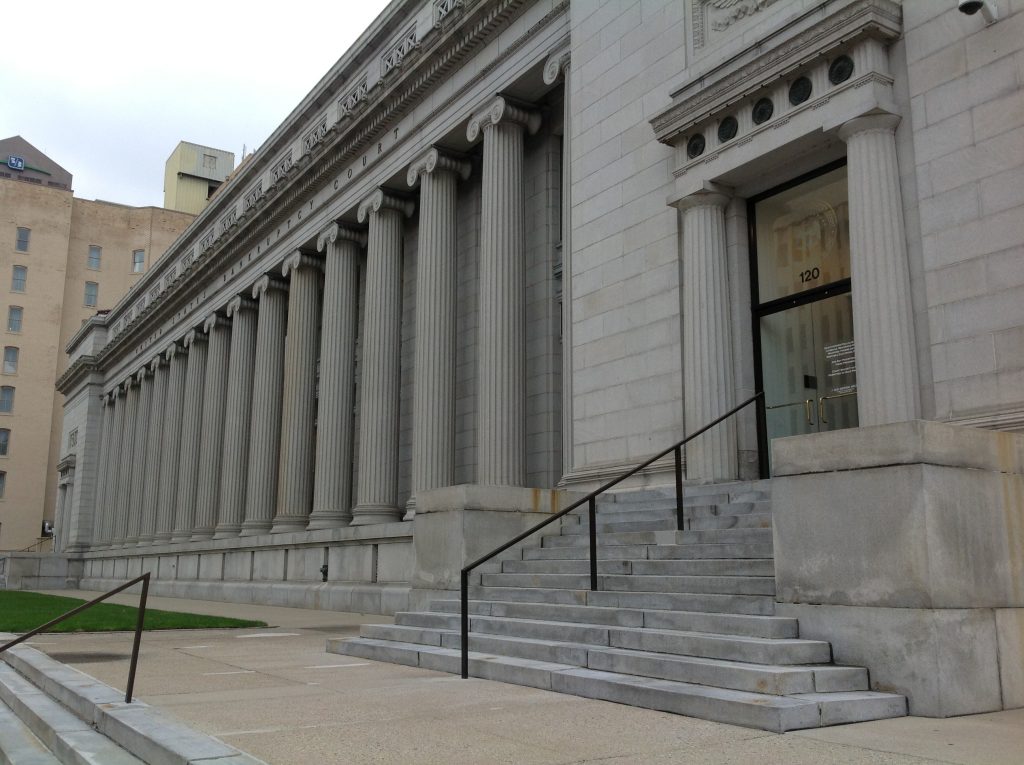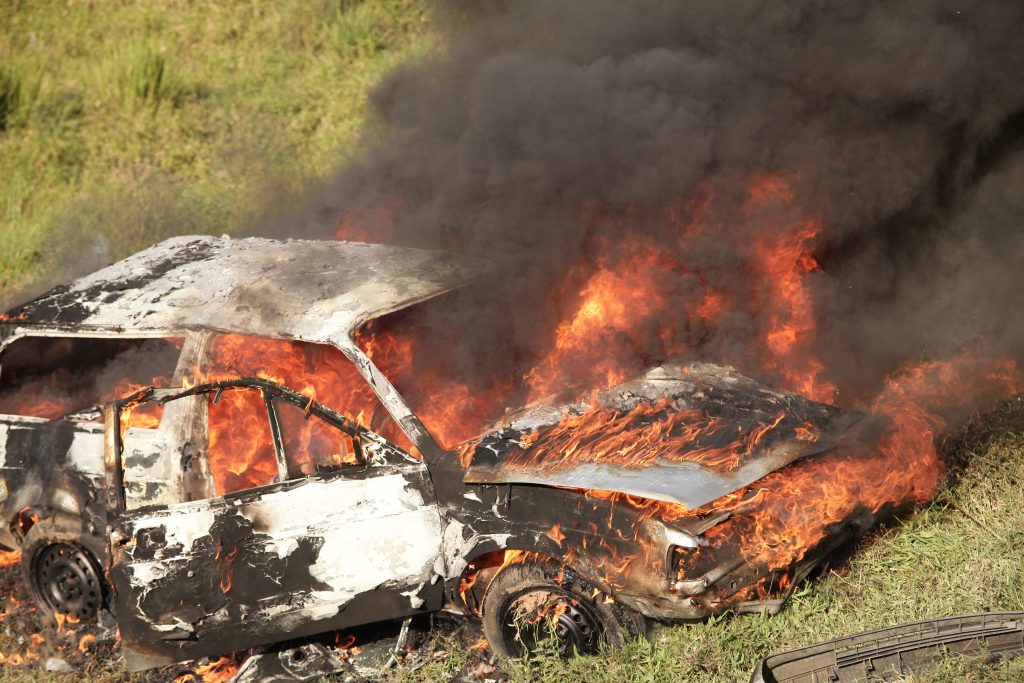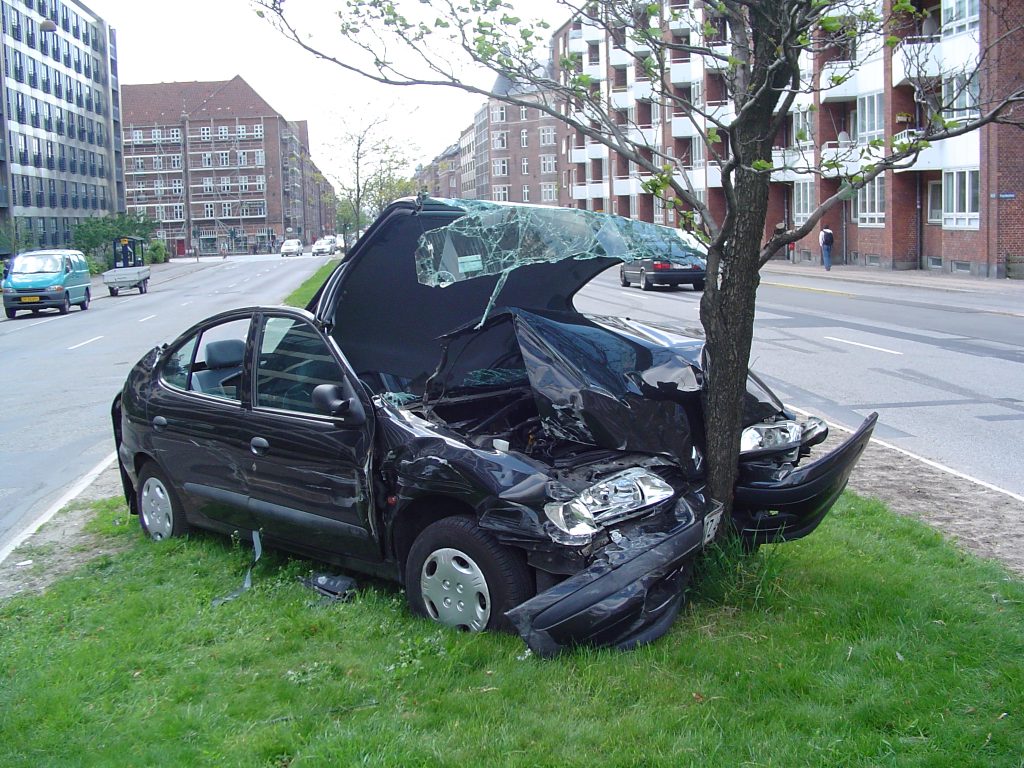 What happens if you decide to switch attorneys partway through a lawsuit? If you are involved in a lawsuit involving multiple attorneys, you must understand all applicable contracts. Otherwise, you might be involved in a lawsuit with your attorneys, just like Deborah and Mark Kruse found themselves here.
What happens if you decide to switch attorneys partway through a lawsuit? If you are involved in a lawsuit involving multiple attorneys, you must understand all applicable contracts. Otherwise, you might be involved in a lawsuit with your attorneys, just like Deborah and Mark Kruse found themselves here.
This case involves a lawsuit the Law Office of John D. Sileo (“Sileo”) filed against the Kruses, its former clients, to obtain attorney fees and expenses they claimed they were owed under a contingency fee contract. Sileo also brought a conversion claim against The Law Offices of Allan Berger & Associates (“Berger”), claiming they had misappropriated the applicable attorney fees and expenses.
Before the at-issue lawsuit, Sileo filed a lawsuit for the Kruses related to damage from Deborah’s use of transvaginal mesh. Their lawsuit became part of a related multi-district litigation. Three months after filing the complaint, Sileo and the Kruses signed a contingency fee contract where Sileo would receive 40% of the total amount of any settlement of 50% of whatever was obtained in an appeal. The contract said that while the Kruses could discharge Sileo, Sileo would still be entitled to its fees.
 Louisiana Personal Injury Lawyer Blog
Louisiana Personal Injury Lawyer Blog


 Picture this: you’ve just bought a new condo, envisioning a future filled with joyful moments shared with loved ones. But what happens when those dreams are shattered because the condo management company neglects essential repairs for years on end? Robert Jordan, a condo owner, experienced this very nightmare when he encountered a persistent water leak issue in his recently purchased unit. As the battle for justice unfolded, Jordan fought for his rights and the compensation he deserved.
Picture this: you’ve just bought a new condo, envisioning a future filled with joyful moments shared with loved ones. But what happens when those dreams are shattered because the condo management company neglects essential repairs for years on end? Robert Jordan, a condo owner, experienced this very nightmare when he encountered a persistent water leak issue in his recently purchased unit. As the battle for justice unfolded, Jordan fought for his rights and the compensation he deserved. Imagine you’re in a nail-biting poker game, where every decision could tip the balance between winning and losing. Suddenly, one player reveals a Royal Flush—an unbeatable combination. This tension-filled scene mirrors the legal drama between Greenfield Advisors LLC, a consulting firm from Seattle, and Salas & Co., LC, over a significant unpaid debt. In the legal world, invoking the Full Faith and Credit Clause was Greenfield’s equivalent of a Royal Flush, a powerful play with wide-ranging implications. This legal gambit’s riveting repercussions underline the robust judicial principle of full faith and credit. In the case, the Louisiana Fourth Circuit Court of Appeal affirmed the State District Court’s decision that the judgments against the Appellants were entitled to full faith and credit.
Imagine you’re in a nail-biting poker game, where every decision could tip the balance between winning and losing. Suddenly, one player reveals a Royal Flush—an unbeatable combination. This tension-filled scene mirrors the legal drama between Greenfield Advisors LLC, a consulting firm from Seattle, and Salas & Co., LC, over a significant unpaid debt. In the legal world, invoking the Full Faith and Credit Clause was Greenfield’s equivalent of a Royal Flush, a powerful play with wide-ranging implications. This legal gambit’s riveting repercussions underline the robust judicial principle of full faith and credit. In the case, the Louisiana Fourth Circuit Court of Appeal affirmed the State District Court’s decision that the judgments against the Appellants were entitled to full faith and credit. Pregnancy invariably alters a woman’s life. The process is physically demanding and disruptive, but do these challenges entitle a female employee to disability status under the law? According to a recent Slidell, Louisiana lawsuit, pregnancy is not considered a disability under Louisiana employment discrimination law.
Pregnancy invariably alters a woman’s life. The process is physically demanding and disruptive, but do these challenges entitle a female employee to disability status under the law? According to a recent Slidell, Louisiana lawsuit, pregnancy is not considered a disability under Louisiana employment discrimination law.  Assigning fault in a vehicle accident can be challenging, especially when witnesses present conflicting accounts of what transpired. The struggle to ascertain the truth becomes even more pronounced when there are discrepancies in testimony regarding the events leading up to the accident. But what happens when conflicting narratives emerge in court? The following lawsuit out of New Orleans helps answer that question.
Assigning fault in a vehicle accident can be challenging, especially when witnesses present conflicting accounts of what transpired. The struggle to ascertain the truth becomes even more pronounced when there are discrepancies in testimony regarding the events leading up to the accident. But what happens when conflicting narratives emerge in court? The following lawsuit out of New Orleans helps answer that question. Unfortunately, heart attacks are one of the most common causes of death. If a loved one suffers a heart attack while on the job and you file a workers’ compensation claim, you must provide evidence to support your claim. But what happens if the employer files a motion for summary judgment before you can complete discovery?
Unfortunately, heart attacks are one of the most common causes of death. If a loved one suffers a heart attack while on the job and you file a workers’ compensation claim, you must provide evidence to support your claim. But what happens if the employer files a motion for summary judgment before you can complete discovery?  Every day, individuals rely on the court system to resolve disputes, to ensure due process, and to serve justice. Individuals who are victims of an accident and suffered injury often need the courts to be restored to their previous condition. However, when a court issues an unclear final judgment, you need an excellent attorney to assist in sorting through the confusion and helping you find relief.
Every day, individuals rely on the court system to resolve disputes, to ensure due process, and to serve justice. Individuals who are victims of an accident and suffered injury often need the courts to be restored to their previous condition. However, when a court issues an unclear final judgment, you need an excellent attorney to assist in sorting through the confusion and helping you find relief. Dealing with the elements is an inherent part of construction work. Yet, sometimes the elements get unexpectedly unruly. This is where insurance is supposed to step in and compensate for delays or damage. In the following case, however, overlapping insurance policies made determining who should step up difficult.
Dealing with the elements is an inherent part of construction work. Yet, sometimes the elements get unexpectedly unruly. This is where insurance is supposed to step in and compensate for delays or damage. In the following case, however, overlapping insurance policies made determining who should step up difficult.  If you ever find yourself injured in a car accident, it’s crucial to seek legal advice from a licensed attorney in your jurisdiction. Consulting with an attorney can help you understand your rights and determine if you are entitled to compensation, depending on the allocation of fault. Car accidents can be complex, and navigating the legal process requires expert guidance.
If you ever find yourself injured in a car accident, it’s crucial to seek legal advice from a licensed attorney in your jurisdiction. Consulting with an attorney can help you understand your rights and determine if you are entitled to compensation, depending on the allocation of fault. Car accidents can be complex, and navigating the legal process requires expert guidance.  From a serious crash to a minor fender bender, car accidents take a devastating emotional and financial toll on the people involved. Common principles of fairness suggest that if a distracting passenger helped cause the crash, they should also be liable to help pay. Unfortunately, deciding which acts are sufficiently distracting enough to warrant liability in comparative negligence law can be complicated. The thought-provoking lawsuit of Christy Robinette versus Old Republic Insurance Company sheds light on this issue, raising the question: Should courts restrict liability for passengers who contribute to distractions?
From a serious crash to a minor fender bender, car accidents take a devastating emotional and financial toll on the people involved. Common principles of fairness suggest that if a distracting passenger helped cause the crash, they should also be liable to help pay. Unfortunately, deciding which acts are sufficiently distracting enough to warrant liability in comparative negligence law can be complicated. The thought-provoking lawsuit of Christy Robinette versus Old Republic Insurance Company sheds light on this issue, raising the question: Should courts restrict liability for passengers who contribute to distractions?